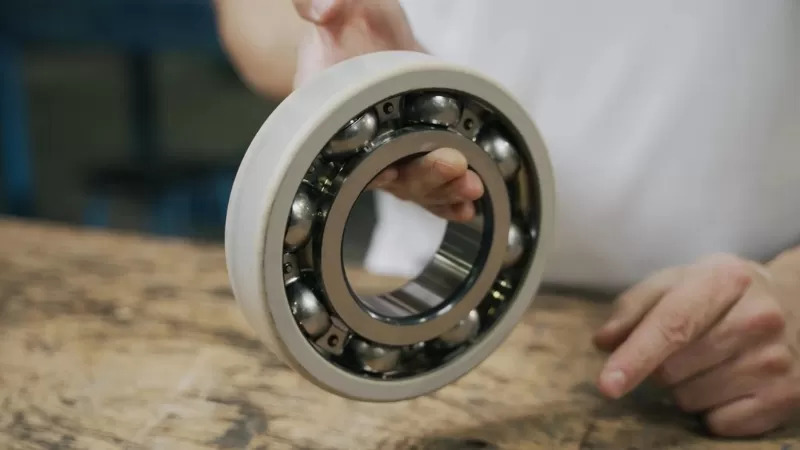8 Reasons Why Bearings Fail in Electric Motors
Below are some common causes of bearings failing in electric motors.
Insufficient lubrication:
Bearings require proper lubrication to reduce friction and prevent wear. If there is inadequate lubrication, either due to low oil levels or poor-quality lubricant, the bearings can experience excessive friction and heat, leading to premature failure.
Contamination:
Foreign particles such as dust, dirt, or debris can enter the bearing system, compromising its smooth operation. Contaminants can accelerate wear and cause abrasion, leading to bearing failure.
Incorrect installation:
If bearings are not installed correctly, such as being misaligned or improperly tightened, they can experience excessive loads or uneven forces. This can lead to premature wear, overheating, and eventual failure.
Overloading:
Subjecting bearings to excessive loads beyond their design capacity can cause them to wear out quickly. Overloading can result from factors like excessive torque, high-speed operation, or sudden shock loads.
Electrical currents:
Electric motors can generate electrical currents due to factors like improper grounding or variable frequency drives. These currents can flow through the bearings, causing arcing and pitting on the bearing surfaces, leading to premature failure.
Vibration and misalignment:
Excessive vibration or misalignment in the motor can put additional stress on the bearings. Continuous exposure to such conditions can lead to fatigue failure of the bearing components.
High temperatures:
Electric motors generate heat during operation, and if the temperature exceeds the recommended limit, it can degrade the lubricant properties and cause thermal expansion, which affects the bearing’s performance and longevity.
Aging and wear:
Over time, bearings naturally wear out due to normal usage and fatigue. The rolling elements and the bearing raceways can develop signs of wear, leading to increased friction, noise, and eventual failure.
It is important to note that multiple factors can contribute to bearing failure, and often, a combination of these factors may be involved. Regular maintenance, proper lubrication, and monitoring can help prevent premature bearing failures in electric motors.


0 Comments